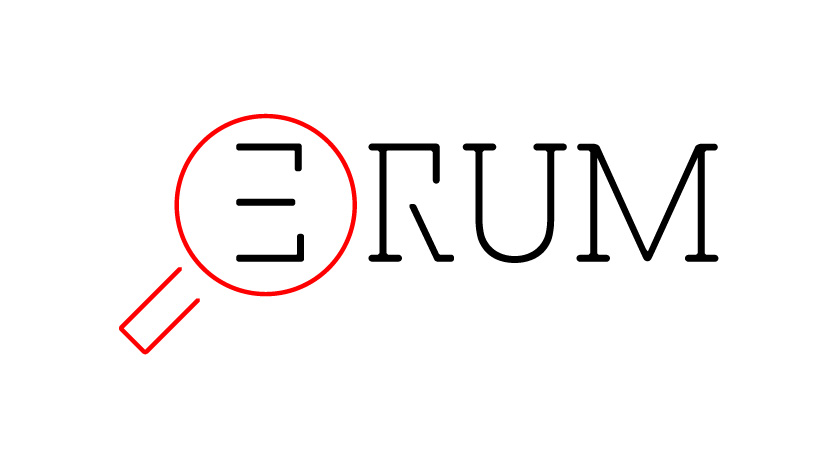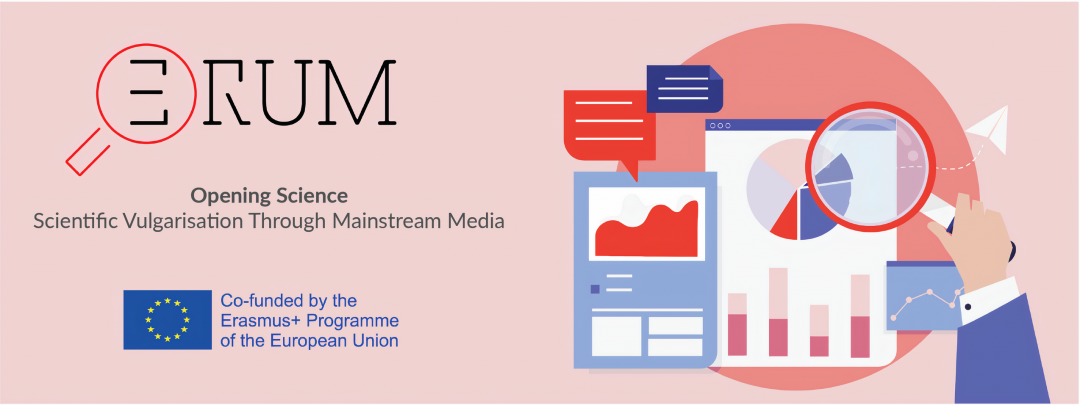The European Commission is currently working to implement a comprehensive set of actions to tackle the spread and impact of online mis- and disinformation in Europe. These initiatives have particularly increased in the framework of the COVID-19 pandemic, which has led to massive disinformation campaigns. This raises the broader question of disinformation and misinformation in the field of science. Public understanding of scientific key issues is indeed often limited and misinformation or even deliberate disinformation about the latter increasingly proliferate. What leads the public to believe false information?
In this framework, we are organising an online conference that will take place on the 14th of December 2020 from 10am to 4:30pm CET. This event will bring together media professionals, academics and representatives from the EU institutions and will include exchanges and discussions on how universities and media professionals can learn from each other to increase the quality of information. Furthermore, the popularisation of scientific information through media will be discussed based on the outcomes that the project has reached so far, which will also be presented by the members of the consortium.
You can register until the 11th of December via this link.
Agenda:
| 10:00-10:15 | Welcome – Introduction | European University Foundation (Brussels) |
| 10:15-10:45 |
Presentation of Mr. Alberto Rabbachin (European Commission) on the EC Communication “Tackling COVID-19 disinformation – Getting the facts right” (20 mins) Followed by a Q&A session (10 mins) |
Mr. Alberto Rabbachin, European Commission (Brussels) |
| 10:45-11:15 |
I. Presentation of the project’s first output: reports on controversial topics represented in media (20 mins) Presentation of the first output of the project, which consisted of one general report and five subreports on the subject of mis- and disinformation and which deal with controversial topics such as the 5G network or the outbreak of Covid-19. The University of Vienna will present the general report. Followed by a Q&A session (10 mins) |
University of Vienna (Austria)
|
| 11:15-11:30 |
Coffee break |
|
| 11:30-12:30 |
II. Presentation of the project’s first output: reports on controversial topics represented in media (50 mins) In these subreports, at least 30 newspaper articles (from national and international periodicals) were examined with regard to mis- and disinformation. Each partner will present his research and the subreport it focused on. Followed by a Q&A session (10 mins) |
All project partners |
| 12:30-13:30 |
Lunch break |
|
| 13:30-14:30 |
Presentation of the project’s second output: guidelines for journalists Presentation of the first outcome of the output, which consisted in one survey for journalists and media professionals. A few words will also be said on the next steps of the output (the guidelines for journalists) (30 mins) The associate media partners of the project will also have the opportunity to give their feedback in order to help for the further development of the output (15 mins) Followed by a Q&A session (10 mins) |
Vytautas Magnus University (Lithuania) |
| 14:30-15:15 |
Interaction with the audience Since the second output’s survey was aimed at collecting good practice from journalists and media organisations and is focusing on debunking mis/disinformation systems, this will be an interactive session where questions on mis- and disinformation will be asked to the participants. |
Moderator: European University Foundation (Brussels) |
| 15:15-16:15 |
Panel discussion on scientific vulgarisation in mainstream media – The challenges of disinformation and misinformation (50 mins) Participants:
Followed by a Q&A session (10 mins) |
Moderators: European University Foundation (Brussels), University of Vienna (Austria) |
| 16:15-16:30 | Summary & closing remarks | European University Foundation (Brussels), University of Vienna (Austria) |

